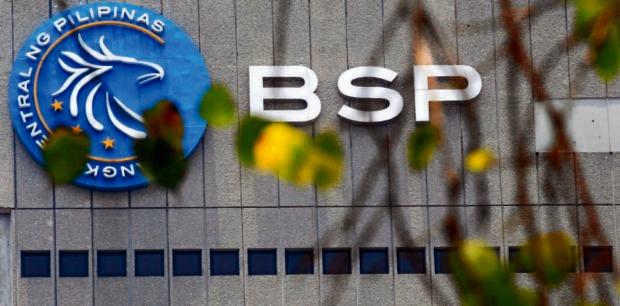MANILA, Philippines – The central bank flooded the Philippines last year with cash equivalent to a tenth of the value of the economy in an attempt to counteract the ill effects of the coronavirus pandemic and restore gross domestic product to its growth path.
Speaking via videoconference on Wednesday, Bangko Sentral ng Pilipinas Governor Benjamin Diokno also reiterated his call for accelerated spending by fiscal authorities which, he said, “plays a crucial role as it can respond in a more targeted manner to the most affected sectors of the economy.”
“In total, the BSP’s policy and liquidity-easing measures has injected into the financial system about ₱2 trillion in liquidity, equivalent to about 10 percent of the country’s 2019 nominal GDP level,” he said in a speech delivered during the Kapihan sa Manila Bay weekly forum.
Since the start of the Covid-19 public health crisis last year, monetary authorities have implemented a steady stream of liquidity support programs meant to lubricate the economy, which had contracted by 16.9 percent in the second quarter of 2020 — the steepest drop in recorded Philippine history.
“Given the abruptness and scale of the pandemic, the BSP deemed it necessary to provide additional emergency support to the government’s broad-based health and fiscal programs,” Diokno said.
To date, BSP reduced the policy rate — which banks use as a benchmark for pricing their own loans — by a cumulative 200 basis points. The cut in the policy rate was aimed at uplifting market confidence amid stronger headwinds owing to the pandemic.
The regulator also reduced the reserve requirement ratios by 200 basis points to calm the markets and support bank lending to both retail and corporate sectors.
In line with broader efforts by the Duterte administration, the BSP extended provisional advances to the national government “on a time bound basis and within the limits prescribed by law,” Diokno said.
In March 2020, the BSP entered a short-term repurchase agreement in the amount of ₱300 billion with the Bureau of the Treasury. The arrangement was fully settled in end-September 2020. A fresh provisional advance of ₱540 billion was again extended in October 2020 and was fully settled last Dec. 18, 2020.
Meanwhile, the BSP has also been purchasing government securities in the secondary market as part of the regulator’s immediate monetary policy response to help shore up domestic liquidity, and restore market players’ confidence to continue participating in primary securities auctions.
“These measures have helped address temporary volatilities in the government securities market, by maintaining market interests to continue to hold [them] which, in turn, assisted the national government in meeting its funding requirements for its COVID-19-related programs,” the central bank chief said. [ac]


